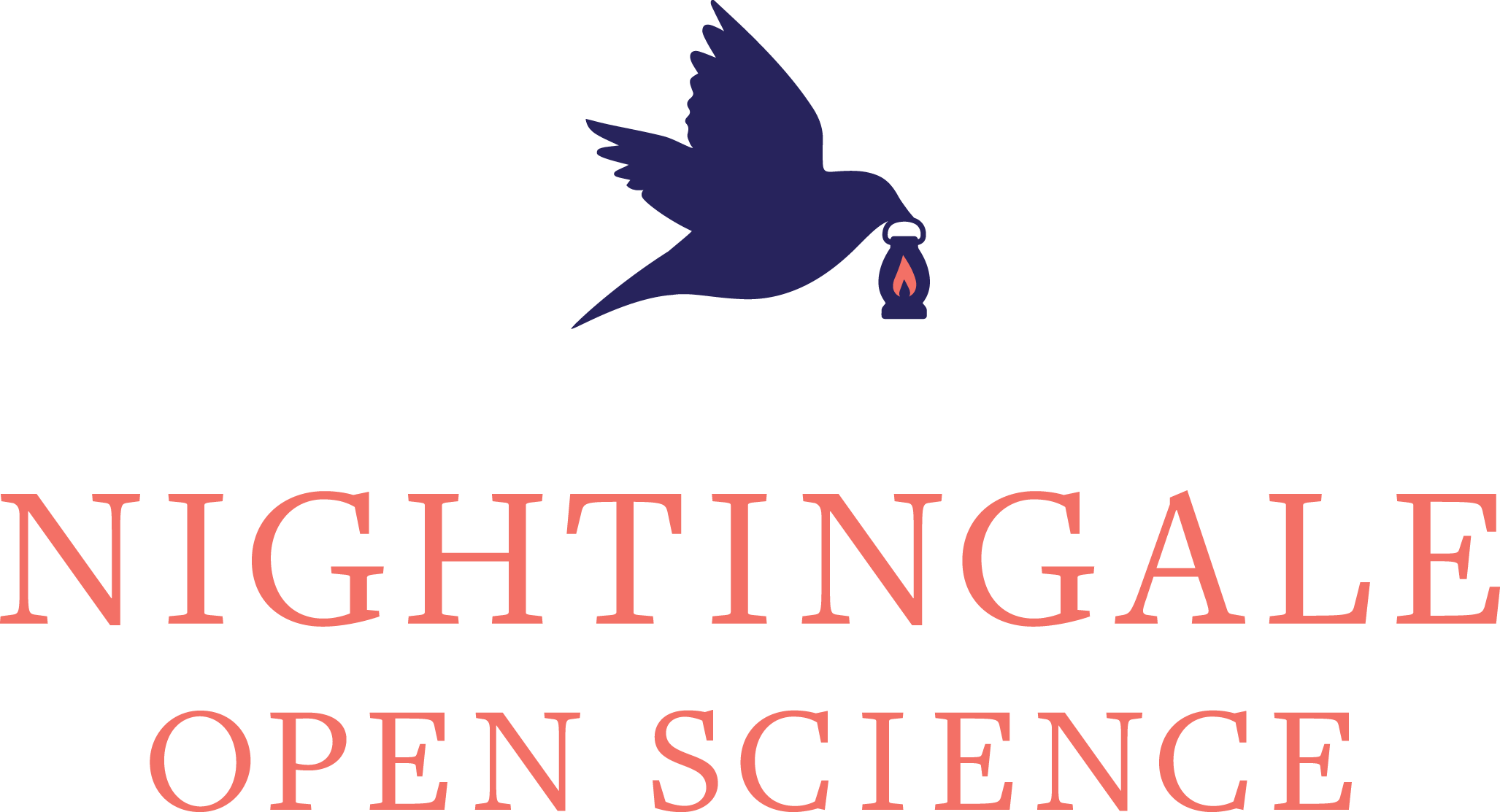
Learn more about Nightingale DATA
Thank you! Your submission has been received!
Oops! Something went wrong while submitting the form.
More than 10 million people fall ill with active tuberculosis (TB) each year and more than 1.5 million die due to the disease every year despite it being a preventable, treatable, and curable disease. It is among the oldest diseases observed in prehistoric human remains from as far back as 4,000 BCE and animal remains from 17,000 BCE. It was among the leading causes of death even a century ago. Despite the creation of the BCG vaccine 100 years ago, it is the leading infectious cause of death today, excluding the COVID-19 pandemic. It is the leading cause of death in those with HIV disease and a major cause of deaths due to antimicrobial resistance. Undiagnosed and untreated cases further the spread of the disease, and the disruption caused by the pandemic is feared to increase the number of new TB infections in the next few years.

Microscopic examination of the sputum smear for acid-fast bacilli is a common test for the diagnosis of tuberculosis, especially in resource-constrained areas. Despite the low sensitivity of about 60% to diagnose pulmonary tuberculosis, it is a cheap and effective diagnostic technique that can be deployed at scale to control tuberculosis infections and their spread. However, there is limited availability of trained microbiologists to interpret the slide images at scale in various parts of the world. Digitized microscopy combined with artificial intelligence algorithms is proposed as a solution to this problem, and it can be deployed at scale in resource-constrained settings where frontline health workers can be trained to collect the specimen and prepare the slides.
So, Nightingale has partnered with Wellgen Medical to host a machine learning challenge to help the detection of tuberculosis.
The goal of this challenge is to detect the presence of TB bacilli (Mycobacterium tuberculosis) from digitized images of sputum smear slides.
Wellgen Medical graciously agreed to make the TB microscopy images available as an open data set through the Nightingale Platform with generous support from the Gordon and Betty Moore Foundation’s Diagnostic Excellence Initiative. We believe that this data set will spur novel AI algorithms for the detection of tuberculosis, which may then be deployed at scale to diagnose and treat tuberculosis.
The challenge runs from March 1, 2024 to April 1, 2024. Cash prizes of $5,000 will be awarded to the winners.
If you are not currently a registered Nightingale user, please sign up here. You may review the data set and data dictionary beforehand.
The contest page describes the objectives and rules, and cash prizes. The registration link will be available on March 1.
Participants will be given free cloud compute credits for this challenge. Participants can request free compute credits by following the instructions on the contest page.
You can find the data set documentation and data dictionary in the documentation library.
Please join the contest and help in the fight against tuberculosis!